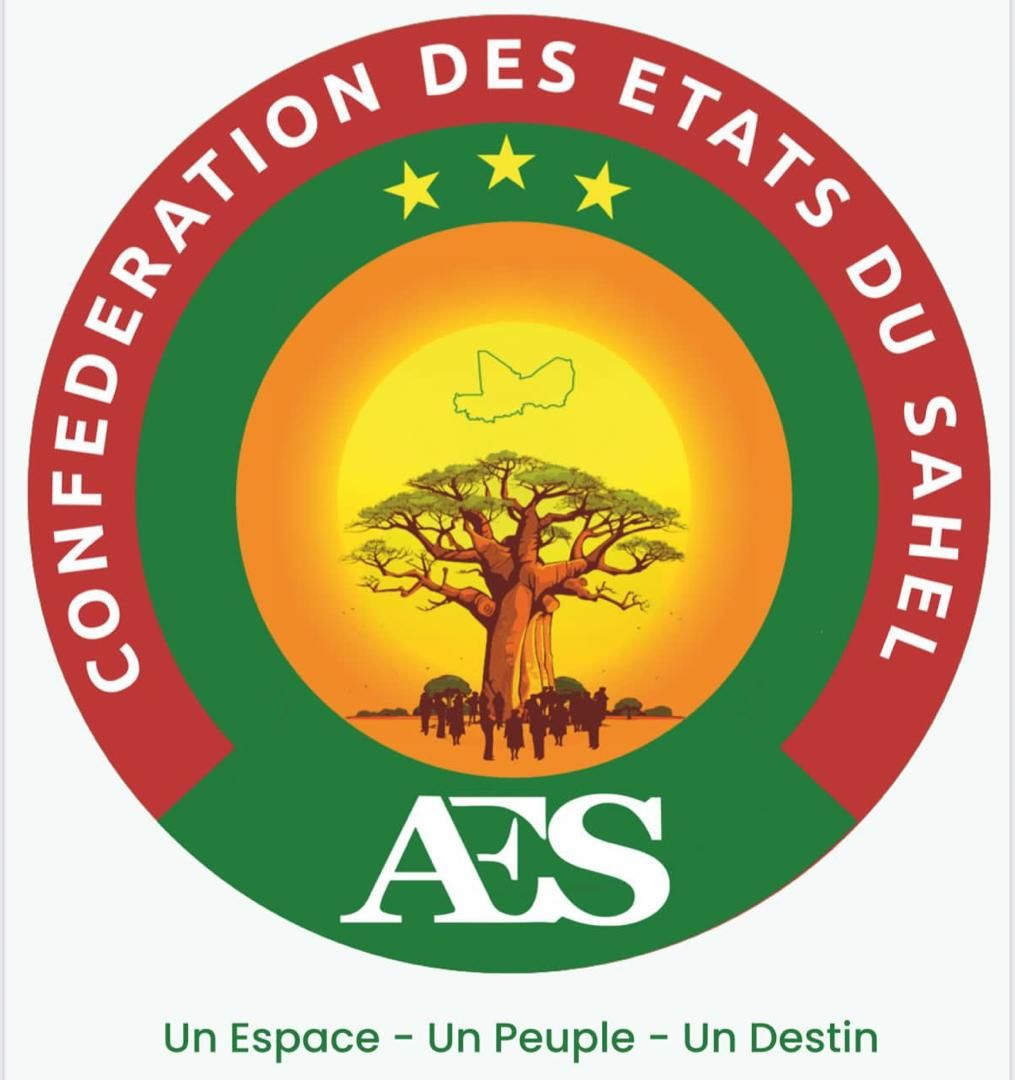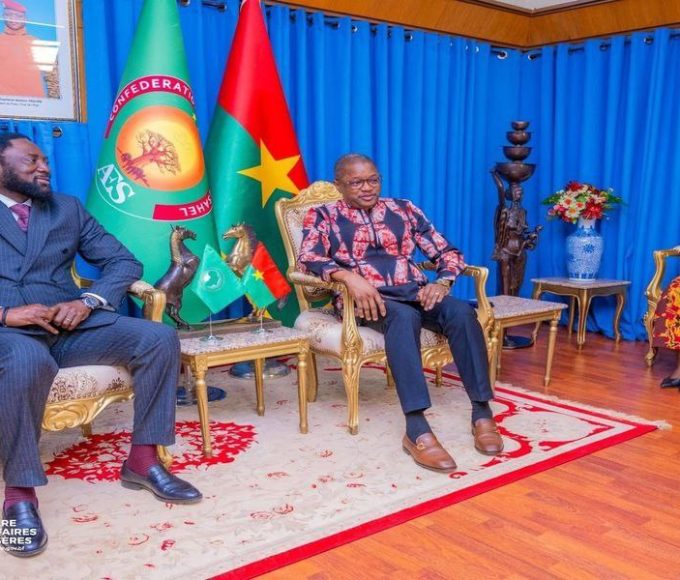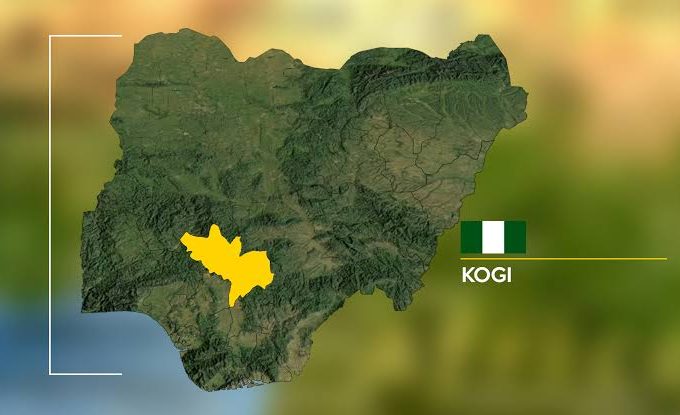
AES To Establish Regional Investment Bank, Airline and Other Infrastructural Projects

The Confederation of Sahel States, AES hasannounced plans to establish a Regional Investment Bank. This decision was taken during a ministerial meeting of the AES held in Bamako on January 16, 2025. Other key decisions from the session include launching transformative infrastructure projects across member states. The meeting was attended by ministers from Mali, Burkina Faso, and Niger, following preparatory discussions held by regional experts on January 14 and 15.
The new Regional Investment Bank is intended to fund large-scale projects within the AES region. To support its operations, the member states adopted a confederal levy on imports originating outside the West African Economic and Monetary Union (WAEMU). This financing mechanism aims to ensure the sustainability of development projects and foster economic self-reliance within the Sahel region.
The Council of Ministers also validated several critical infrastructure projects intended to enhance connectivity, mobility, and trade within the region. Notably, the approved projects include the Niamey-Bamako Highway Project, which is a 1,446-kilometre highway linking Niger and Mali, which is expected to revolutionise regional trade and transportation. Also approved was the Railway Development Roadmap, which is a comprehensive plan to expand rail networks, facilitating the movement of goods and people across AES member states.
The agricultural sector will also receive a major boost with a plan targeting two million hectares of land for plant and animal production, underlining the Confederation’s focus on food security and sustainable development.
The meeting also addressed mobility and access to basic goods, approving the establishment of a Confederal Airline, designed to improve regional connectivity, and a Central Purchasing Office to ensure a stable supply of essential goods across the Sahel.
It will be recalled that Mali, Niger, and Burkina Faso formed the Alliance of Sahel States (AES) and confirmed they would leave ECOWAS in January 2025. However, the AES declared its borders open to nationals of the Economic Community of West African States (ECOWAS), creating a visa-free zone across its territories. According to General Assimi Goïta, President of the Malian Transitional Government and head of the AES, the decisions was intended to showcase the Confederation’s commitment to regional integration and African solidarity, even as its members formally withdraw from ECOWAS.
Read Also: Netflix Hikes Subscription Prices After Gaining 19 Million New Users
Mali, Niger, and Burkina Faso to Launch Unified Military Force Against Terrorism with 5,000 Officers
About The Author
Related Articles
African Union signals diplomatic reset with Sahel alliance states
The African Union has begun a new diplomatic approach toward the countries...
ByWest Africa WeeklyFebruary 11, 2026World Bank steps up support for Mali’s education sector
The World Bank has reaffirmed its commitment to Mali’s education system, pledging...
ByWest Africa WeeklyFebruary 11, 2026Atlas Oranto Hit by Licence Loss in Equatorial Guinea, Senegal, Venezuela
Nigerian oil magnate Arthur Eze’s company, Atlas Oranto Petroleum, is facing a...
ByWest Africa WeeklyFebruary 11, 2026Kogi Shuts Markets and Motor Parks in Crackdown on Terrorists
The Kogi State Government has ordered the temporary closure of selected markets...
ByWest Africa WeeklyFebruary 11, 2026












Leave a comment